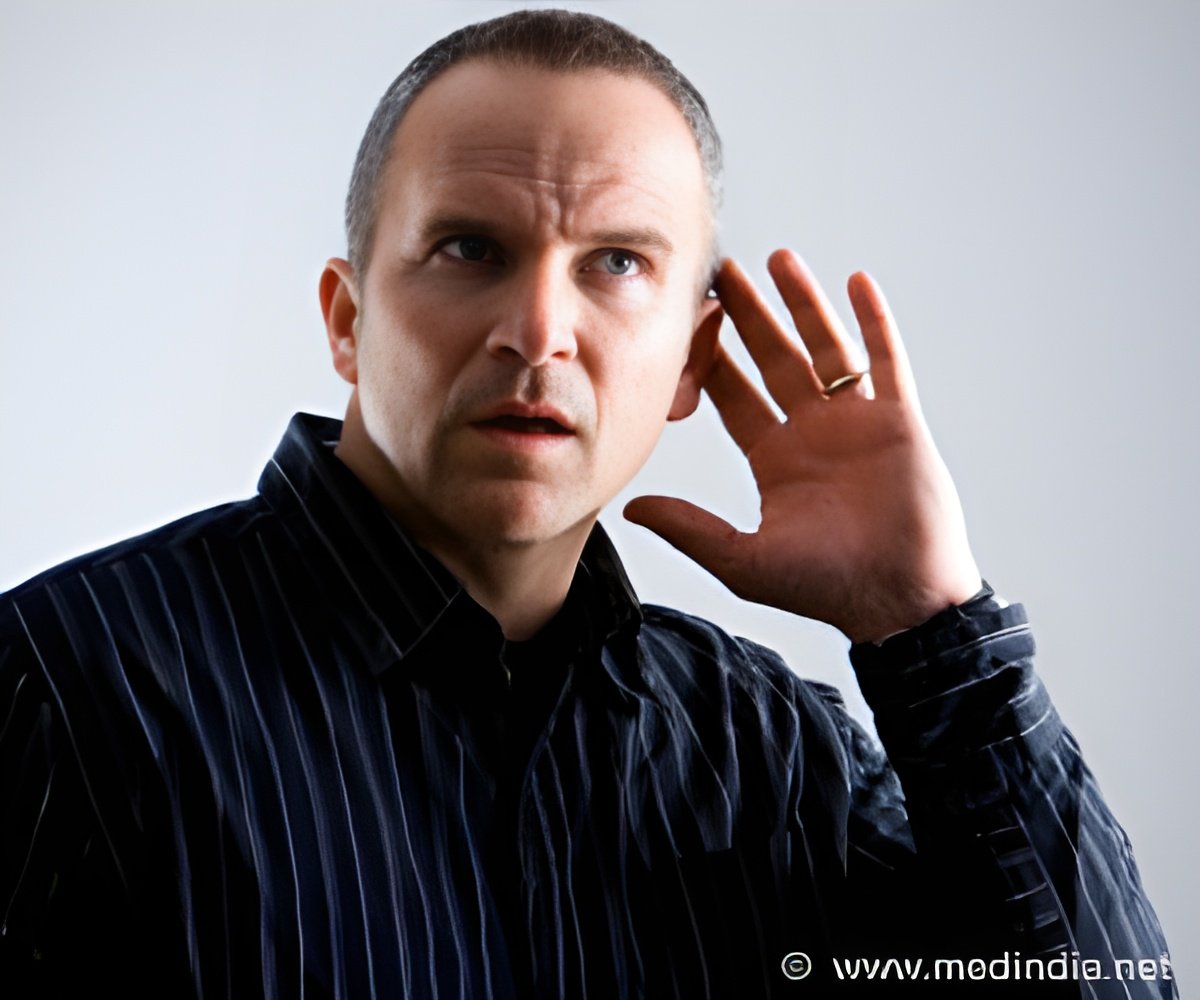Why is it that we can’t hear for some time after coming from a rock concert? In this study, it is believed that the presence of calcium ions in the tiny structure in the cochlea controls it all.

‘When the researchers exposed isolated inner ears to loud noise in the lab, the level of calcium in the tectorial membrane fell, and the sensory cells, as a result, stopped to function, but after a while, however, since calcium ion concentration returned to its previous level, and the sensory cells started to function again’





"Most people have experienced that their hearing is impaired and the ear feels numb after listening to loud sounds. After a while hearing returns to normal. We have discovered that a tiny structure in the cochlea known as the tectorial membrane plays an important role in this process, by acting as a storage depot for calcium ions. These calcium ions contribute to regulating the function of the sensory cells", says Anders Fridberger at the Department of Clinical and Experimental Medicine, who has led the study.Calcium ions, which are calcium atoms with a positive charge, play a key role in the processes that make hearing possible. The conversion of sound waves to nerve impulses takes place in the inner ear, also known as the cochlea, which looks like the spiral shell that some snails have. The cochlea contains many sensory cells, which detect sounds and generate signals that are passed on to the brain.
Previous research has shown that the fluid that surrounds the sensory cells in the cochlea has a low concentration of calcium ions. There were, however, questions surrounding this, because sensory cells that are placed in fluids with the natural level of calcium no longer work normally. The scientists at LiU have investigated the calcium ion concentration in the inner ear of guinea pigs, which is very similar to the human ear. By fluorescently labeling the calcium ions, the researchers discovered that a membrane that lies on top of the sensory cells, the tectorial membrane, has a much higher concentration of calcium ions than the surrounding fluid. The membrane seems to function as a store, such that the sensory cells are surrounded by higher levels of calcium ions than previously believed.
When the scientists added a substance that mops up calcium ions, the sensory cells ceased to function. In the next step, they exposed the inner ear to noise levels that correspond to those experienced at rock concerts, which had the same effect.
"When we expose isolated inner ears to loud noise in the lab, the level of calcium in the tectorial membrane falls, and the sensory cells cease to function. After a while, however, the calcium ion concentration returns to its previous level, and the sensory cells start to function again", says Anders Fridberger.
Advertisement
"We knew that the tectorial membrane is necessary for hearing and that it must be intact and correctly located, but it has been unclear why damage to this membrane contributes to impaired hearing," says Pierre Hakizimana, one of the researchers behind the study.
Advertisement
Source-Eurekalert












